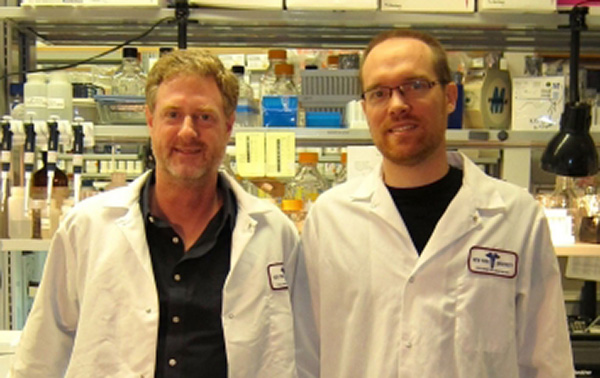
College of Dentistry professor David Levy led a team of researchers who discovered a way HIV-1 reproduces itself, which may eventually lead to possibilities to kill off the virus before it develops into AIDS. The researchers published their study, “An HIV-1 replication pathway utilizing reverse transcript products that fail to integrate,” on Sept. 18 in the “Journal of Virology.”
Levy has been involved in HIV research for over 20 years, and the team has researched together for the past couple of years.
Levy explained that HIV is known as a retrovirus, which means it must insert its genome into the DNA of the host cell in order replicate itself, but this process often fails and leaves viral DNA outside of the cell’s DNA.
“I have been interested in trying to find out if these stranded viral DNA molecules, which are called unintegrated HIV-1 DNA, might contribute to the survival of the virus,” Levy said.
Levy reached out to postdoctoral student at the dental school and lead author of the study Benjamin Trinité, and with help from the rest of the team, they discovered that HIV-1 can reproduce itself using these unintegrated DNA molecules.
“We also have found that the unintegrated viral DNA can survive in cells for many weeks,” Levy said. “If the unintegrated DNA can survive in people, and this is a controversial topic among researchers, then it could be part of the virus’ long-term survival strategy.”
Levy said more research will need to be conducted to see if this replication process is contributing to HIV-1 presence and if the unintegrated viruses can become antiviral drugs.
George Mason University professor of microbiology and infectious diseases Yuntao Wu said Levy and his team’s findings still need to be confirmed and that the process the research team discovered happens in the body of infected patients.
“New drugs may be developed to stimulate nonintegrated viral DNA to express more viral proteins so that infected cells can be killed,” Wu said.
Trinité said this work has helped him and his co-researchers learn about one of the most deadly viruses but also said there is still work to be done.
“Many researchers and doctors in the world are involved in the fight against HIV, and progress is happening at [an] amazing speed,” Trinité said. “I hope that our work can bring a significant contribution to controlling or even preventing infection.”
A version of this article appeared in the Tuesday, Sept. 24 print edition. Su Sie Park is a staff writer. Email her at [email protected].

























































































































































